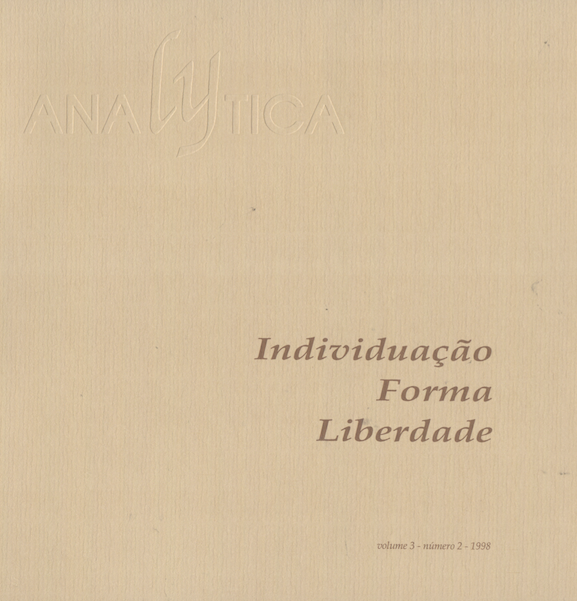Idéia e asserção na teoria da mente de Espinosa
Abstract
Espinosa não distingue entre "ter uma idéia" e "asserir". Em Ética II, P. 49, ele demonstra que toda afirmação implica uma idéia e, vice versa, que toda idéia implica uma afirmação. Ele não tem nenhum problema para estabelecer a primeira parte dessa demonstração, mas a segunda parte é menos óbvia. Porém, Espinosa tem, de fato, uma forma de escapar dessa dificuldade: no Escólio de P. 49, ele explica em que consiste a tese de que todas as idéias, mesmo as ficções da imaginação, implicam um ato de asserção. Pretendo mostrar que a base da justificação dessa tese é sua adesão a um holismo epistemológico e semântico, segundo o qual afirmação e negação são resultados da inserção das idéias em um contexto de outras idéias. A compreensão dessa adesão ao holismo será dada por um exame de Ética II, P.17.
Abstract
Spinoza makes no distinction between "having an idea" and "asserting". In Ethics II, Pr. 49, he demonstrates that every affirmation implies an idea, and, vice versa, that every idea implies an affirmation. He has no problem to establish the first part of this demonstration, but the second part is less obvious. But in fact Spinoza has a way out of this difficulty: in the Scholium of Pr. 49, he explains in what consists the thesis that all ideas, even the fictions of imagination, imply an act of assertion. I intend to show that the basis of the justification of this thesis is his commitment to an epistemological and semantic holism, according to which affirmation and negation are the results of the insertion of ideas in a context of other ideas. The understanding of this commitment to holism will be given by an examination of Ethics II, Pr. 17.
Downloads
Downloads
Published
How to Cite
Issue
Section
License
Analytica. Journal of Philosophy is an open-access scientific journal licensed under the Creative Commons Attribution-NoDerivatives 4.0 International (CC BY-ND 4.0) license. This means that its content can be copied and redistributed in any medium or format for any purpose provided the following requirements are met: proper credit is given, a link to the license is provided, and it is indicated if any changes were made. Legal terms or technological measures that restrict others from exercising rights granted by the license shall not be applied. In the case of any transformation or adaptation of the content, the new material cannot be distributed.
This statement aligns with the Budapest Open Access Initiative (BOAI) definition of open access.


